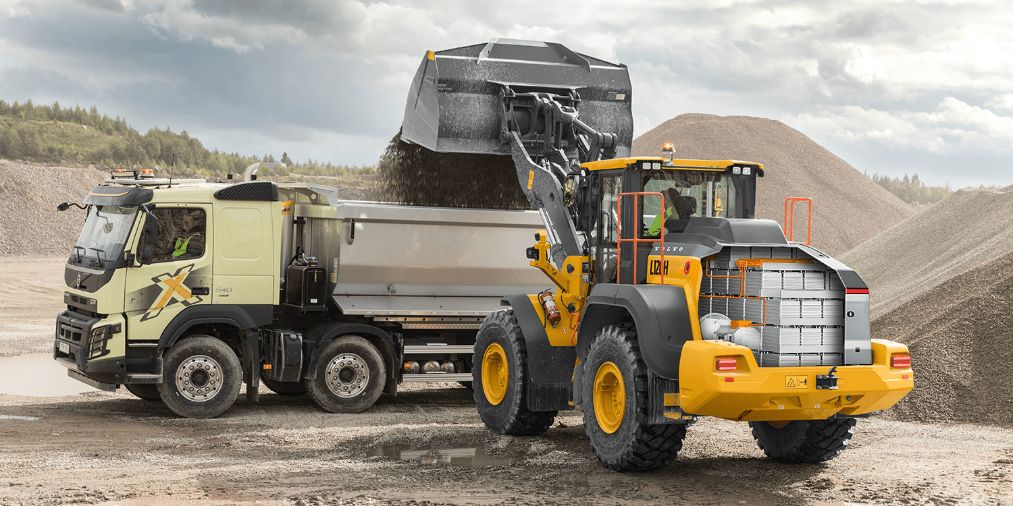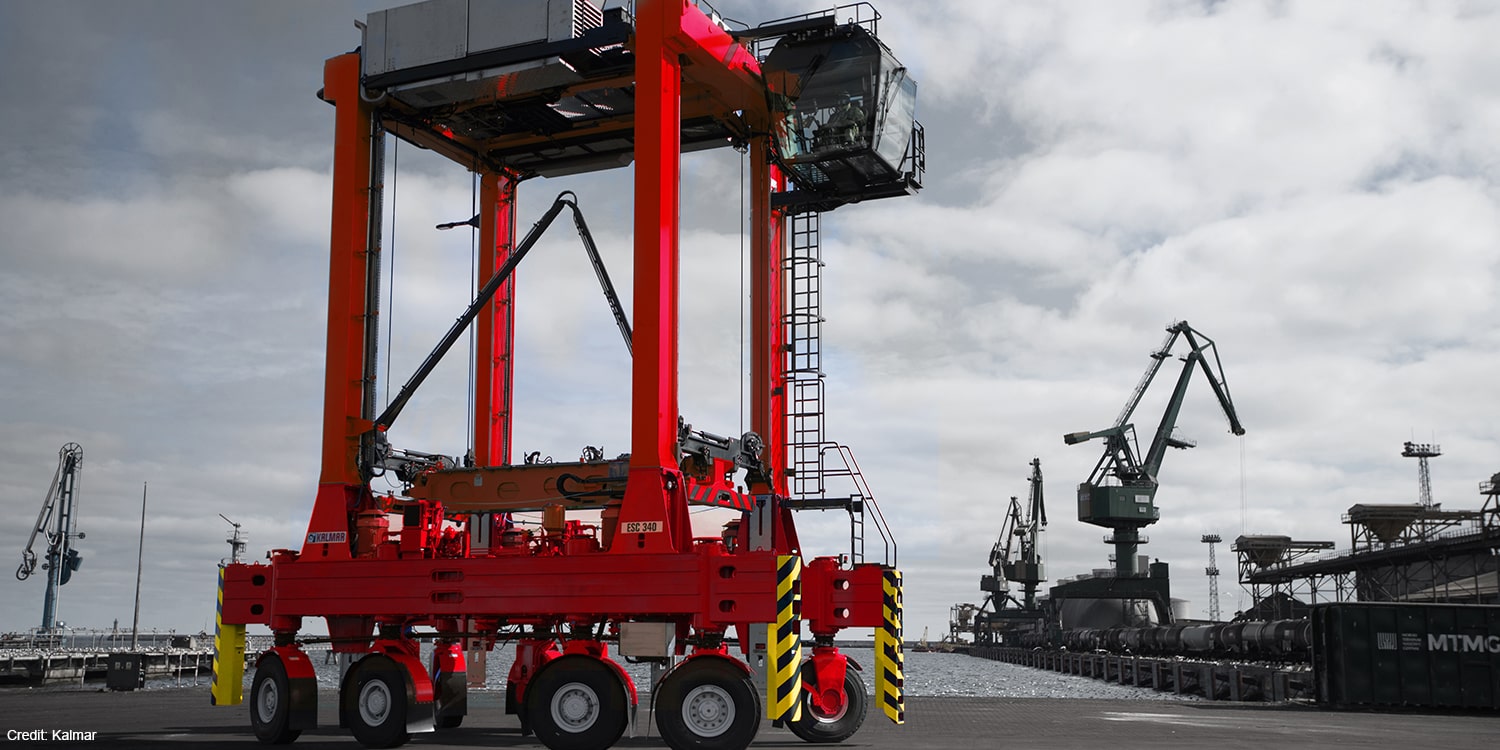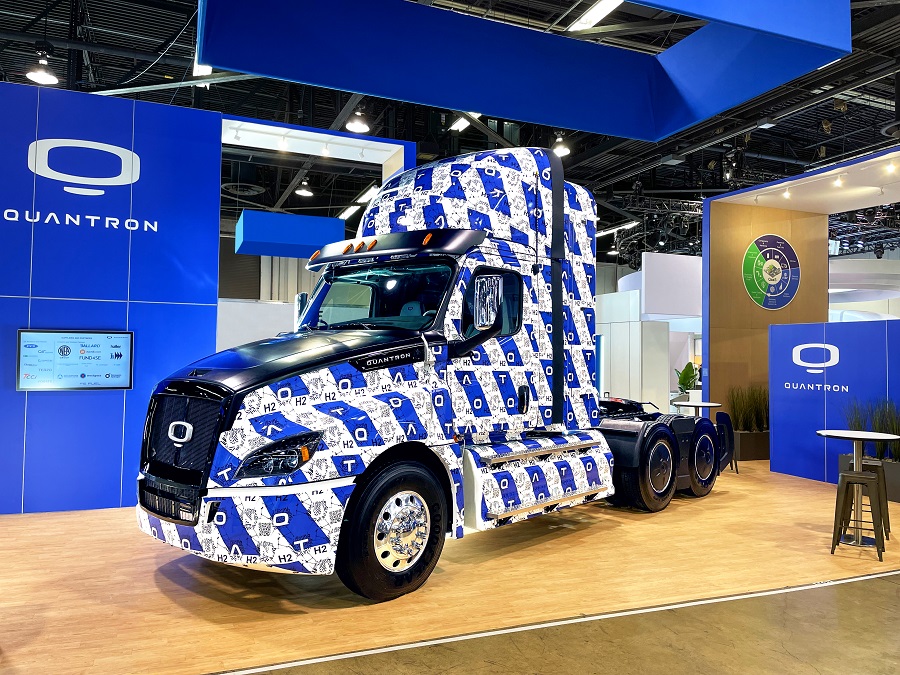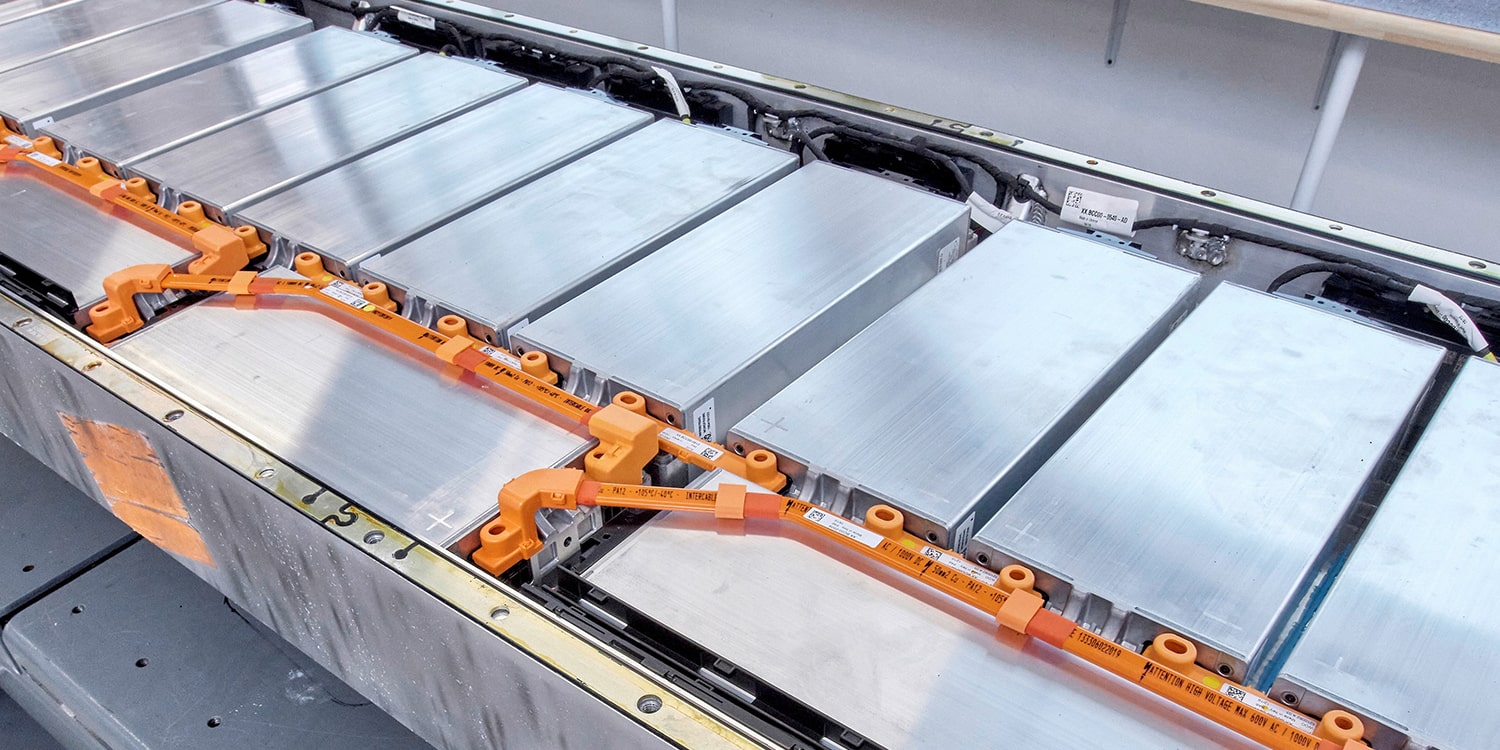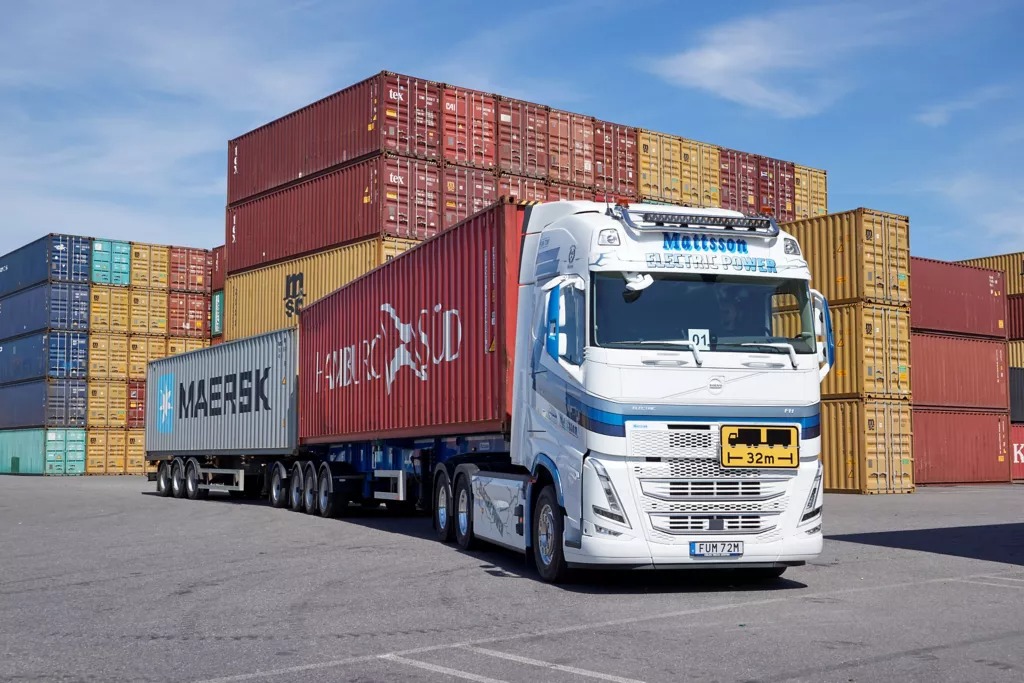Heidelberg Materials, a leading building materials group, has taken a significant step towards reducing its carbon dioxide (CO2) emissions by partnering with the Volvo Group to conduct a trial of electric vehicles. This collaboration aims to assess the most suitable emission-free vehicle technology and charging infrastructure for Heidelberg Materials’ operations in terms of operational efficiency, maintenance, and charging at its various sites.
The feasibility study will span six months and involve the use of different zero-emission vehicles, including electric trucks and construction machinery, at multiple Heidelberg Materials locations across Northern Europe.
While the specific vehicles involved in the trial have not been disclosed, it has been confirmed that the first vehicle, a 20-tonne L120H Electric Conversion wheel loader, will be deployed this summer at the cement plant in Slite, Sweden.
This partnership with Volvo is regarded as a groundbreaking initiative within the industry and holds the potential to significantly advance the decarbonization of Heidelberg Materials’ entire value chain in Northern Europe, as stated by Dominik von Achten, Chairman of the Managing Board of Heidelberg Materials.
Martin Lundstedt, CEO and President of the Volvo Group, expresses the company’s commitment to reducing carbon emissions not only in its own operations but also in its products. Volvo is determined to support its customers in leading by example through well-coordinated collaborations that drive meaningful change. Lundstedt acknowledges the significance of this venture with Heidelberg Materials, emphasizing the importance of innovative partnerships in achieving the much-needed transition towards sustainability.
Heidelberg Materials estimates that transportation accounts for 6 percent of the carbon footprint within its value chain. By electrifying its vehicle fleet, the company anticipates potential annual savings of up to 200,000 tonnes of CO2. This ambitious endeavor marks a significant stride in the pursuit of a greener future for the building materials industry, as Heidelberg Materials and the Volvo Group pave the way for increased sustainability in Northern Europe.

